Jim Gilbert gets
goose bumps just thinking about Oscar night. "It'll be
such an important night," says the 61-year-old amateur
cowboy and rodeo competitor, who feels that
Brokeback Mountain tells the story of his
own gay life and struggles in a strikingly personal
way.
Gay activist
groups are anticipating the March 5 Academy Awards, where
Brokeback Mountain is favored to win as many as
eight Oscars, as a rallying point and a crucial moment for
their cause. One group likens it to the April 1997
moment when Ellen DeGeneres came out as a lesbian on
her sitcom. Susanne Salkind of the Human Rights
Campaign, the largest national gay rights group, said Oscar
night will be an opportunity to raise gay issues "to
another level in American culture."
Last Friday the
group sent e-mails to 120,000 members, encouraging them
to hold house parties on Oscar night--just as it did
the night DeGeneres came out. It's also sending out
"Oscar party kits" to help in recruiting and is
offering prizes of T-shirts, bags, and watches,
depending on how many new members get signed up. "We want to
transform this social occasion into something much more
important," Salkind said.
When Ang Lee's
soulful film about two cowboys in love premiered in
December, the gay community was delighted--but, in
some corners, skeptical that it would play beyond New
York and California. Now, though, the film is a clear
hit. It has performed strongly across America, appealing to
audiences both gay and straight, male and female. Because of
its subject matter, it's one of the most talked-about
films in recent memory--and a constant reference
for late-night comics and Internet spoofs. "I wish I
knew how to quit you," spoken by the character Jack Twist,
is becoming a virtual catchphrase. And the word
"brokeback" (used as an adjective to describe
something with gay overtones--sort of), is
creeping into the lexicon too.
It isn't only
Brokeback Mountain that's making gay rights
groups anticipate Oscar night. Two other highly feted movies
have gay or transsexual themes: Transamerica,
with Best Actress nominee Felicity Huffman as a transgender
woman preparing for a sex change, and Capote,
with Best Actor favorite Philip Seymour Hoffman as the
gay author of In Cold Blood. "This has been a
landmark year," says Neil G. Giuliano, president of
the Gay and Lesbian Alliance Against Defamation. "By telling
our stories, this year's Oscar nominees have helped
raise the visibility of our issues and have given
millions of Americans a greater understanding of who
we are."
Matt Foreman,
executive director of the National Gay and Lesbian Task
Force, agrees but sounds a cautionary note. Just because
Brokeback is being embraced by Hollywood and
popular culture, he says, doesn't mean the real world is
catching up. "Brokeback Mountain is incredibly
important for our day-to-day work because it clearly touches
people at a visceral level," Foreman said. "But the
tragedy is, that breakthrough is not being replicated
at the legislative and political level"--on
issues such as same-sex marriage and hate-crimes
legislation. "So people see this gay acceptance at the
Oscars and think, 'Oh, everything's good for gays in
America.' It's this huge chasm between popular culture
and the reality of our lives."
For Gilbert,
though, the emotional impact of Brokeback is so great
that he cannot imagine it won't have a long-lasting
effect. The grandson of a rodeo rider, Gilbert, who
works in hospital administration and still competes with his
quarter horse in rodeos, grew up in Michigan. As a
teenager he had an early gay relationship--the
two young men competed at horse fairs together--but
moved away to escape the turmoil and confusion it
evoked in him. His first marriage failed after several
years, and he found himself turning to drinking and
drugs. A second marriage failed as well. Then came the love
of his life--another man. "We both left our wives for
each other," he says. That troubled eight-year
relationship ended with his partner's death in 1997.
A few weeks ago,
before Brokeback came to his hometown of Battle
Creek, Mich., Gilbert drove more than 80 miles to Ann
Arbor to see the film. He missed the first show by 15
minutes, waited in his truck for the next one, and
drove back at midnight, emotionally drained. "I really
felt like I had lived through the experiences they
were showing on-screen," he said. The similarities to his
own life were striking: his early efforts to deny his
gay orientation, his failed marriages to women, the
desolation he felt when his male lover died.
Gilbert hopes
that any Oscars Brokeback wins will bring home
to straight Americans--for instance, his fellow church
members--that gay people "can share the same love that
a heterosexual couple can." Adds Gilbert: "I know that
many people in my church will never see this movie.
But they can't help but be affected by all the people
who have seen it and loved it."
Some of those who
do love the movie will be gathering at Woody's, a gay
bar in Philadelphia, on Oscar night for one of the
fund-raising parties for the Human Rights Campaign.
The party's organizer, Norman Baker, says he realized
just how deep an impact Brokeback was having
when his 84-year-old mother, who has failing eyesight and
doesn't go to movies often, asked him to take her, noting:
"Everyone is talking about this film." He had come out
to his mother in 1988, but the two hadn't spoken about
his gay life since.
This year's Oscar
party, the second annual such gathering at Woody's,
will have a theme, Baker said. Participants will be asked to
dress as their favorite movie characters. "Yes," he
said, "we do expect a fair number of gay cowboys."
(Jocelyn Noveck, AP)

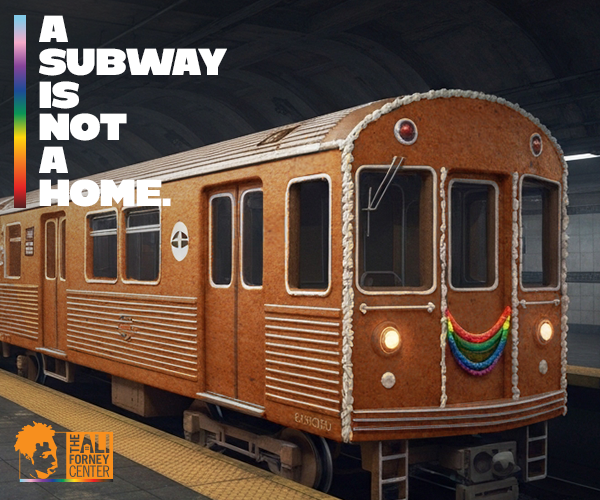





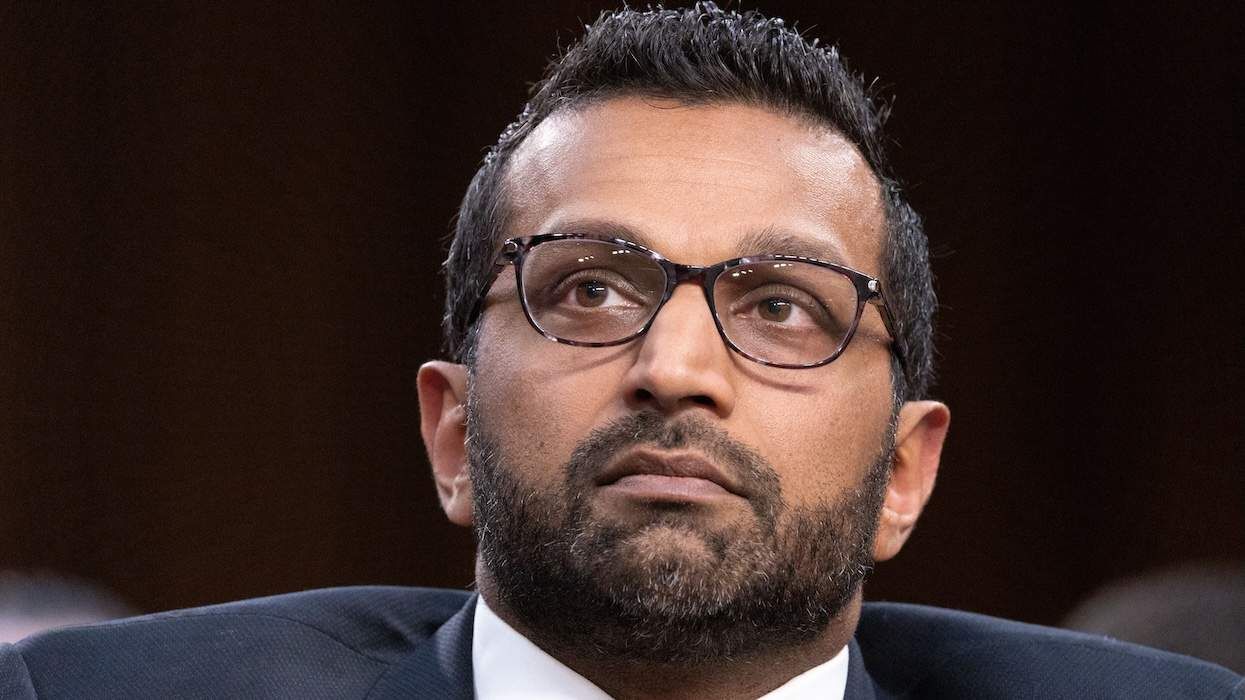
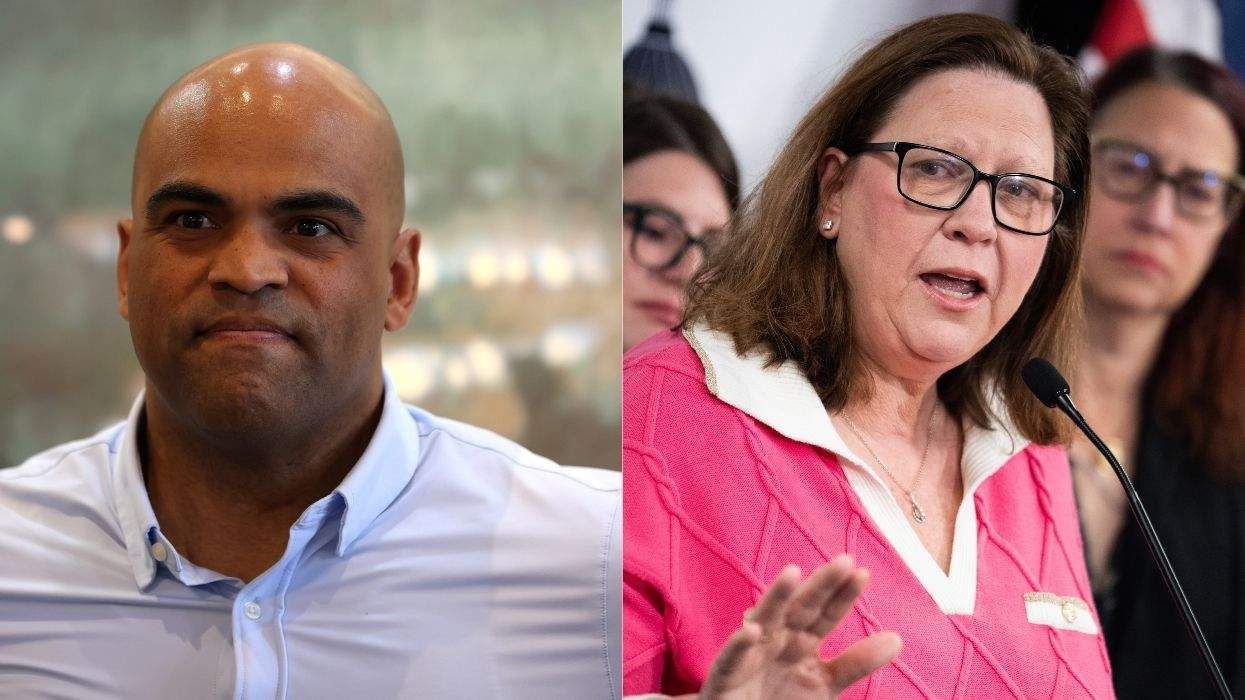
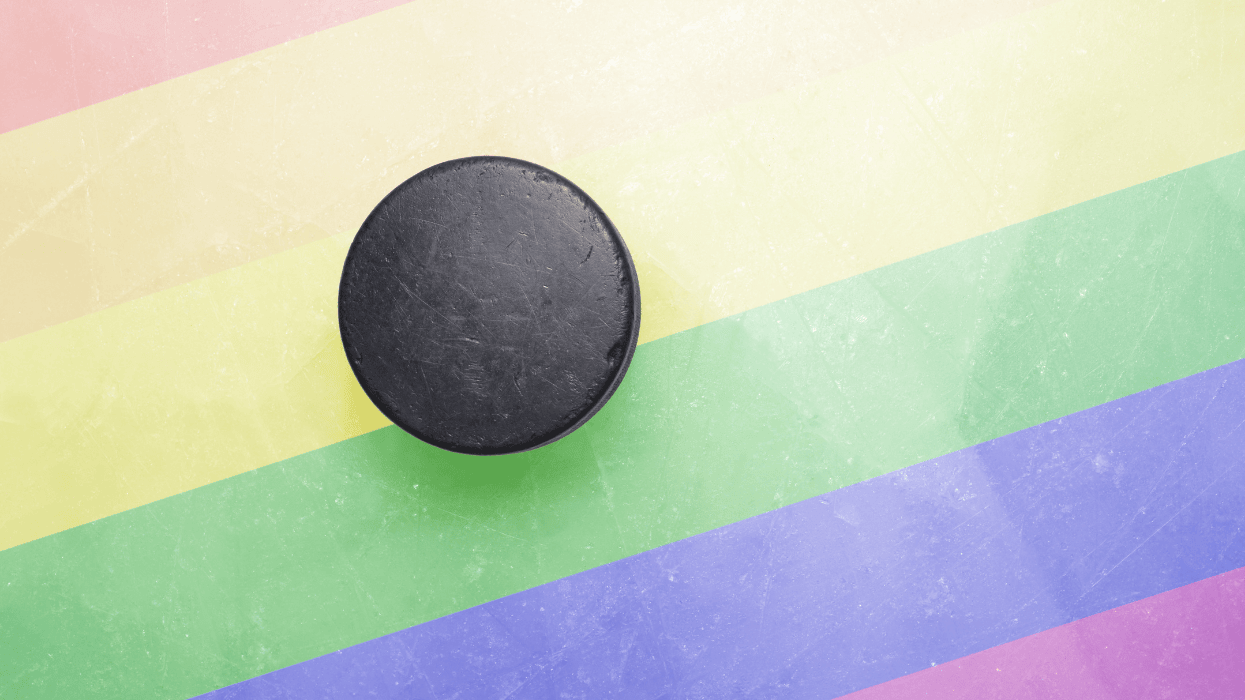
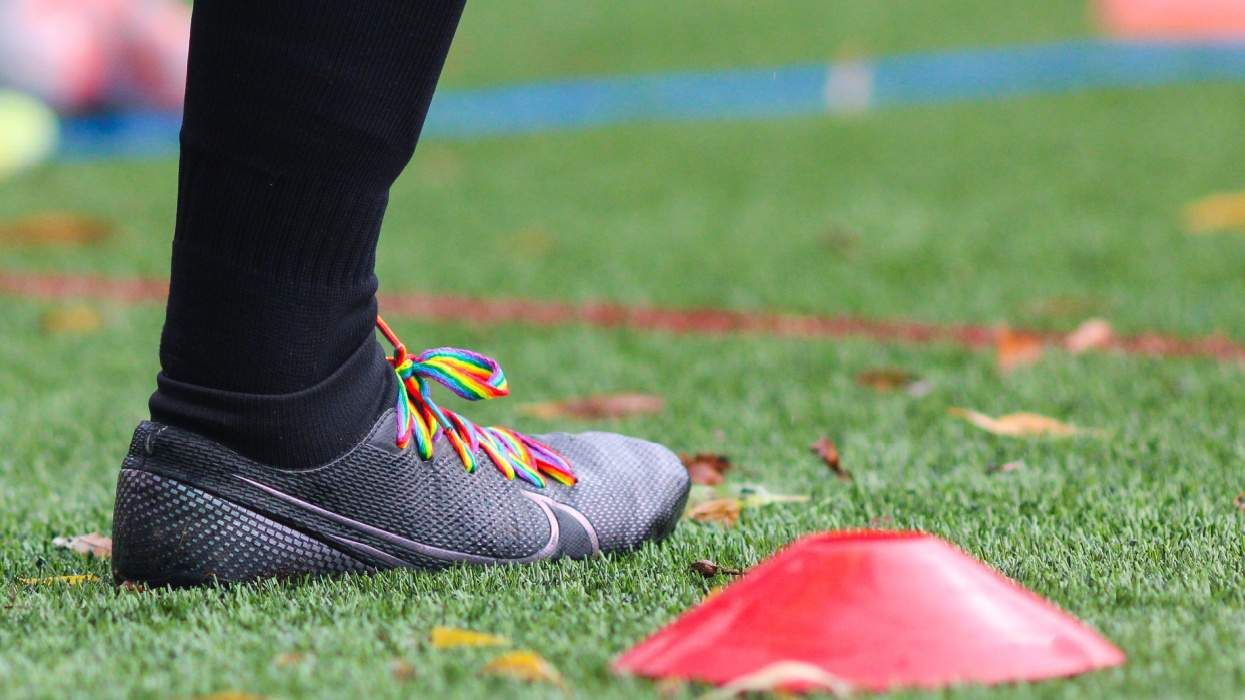
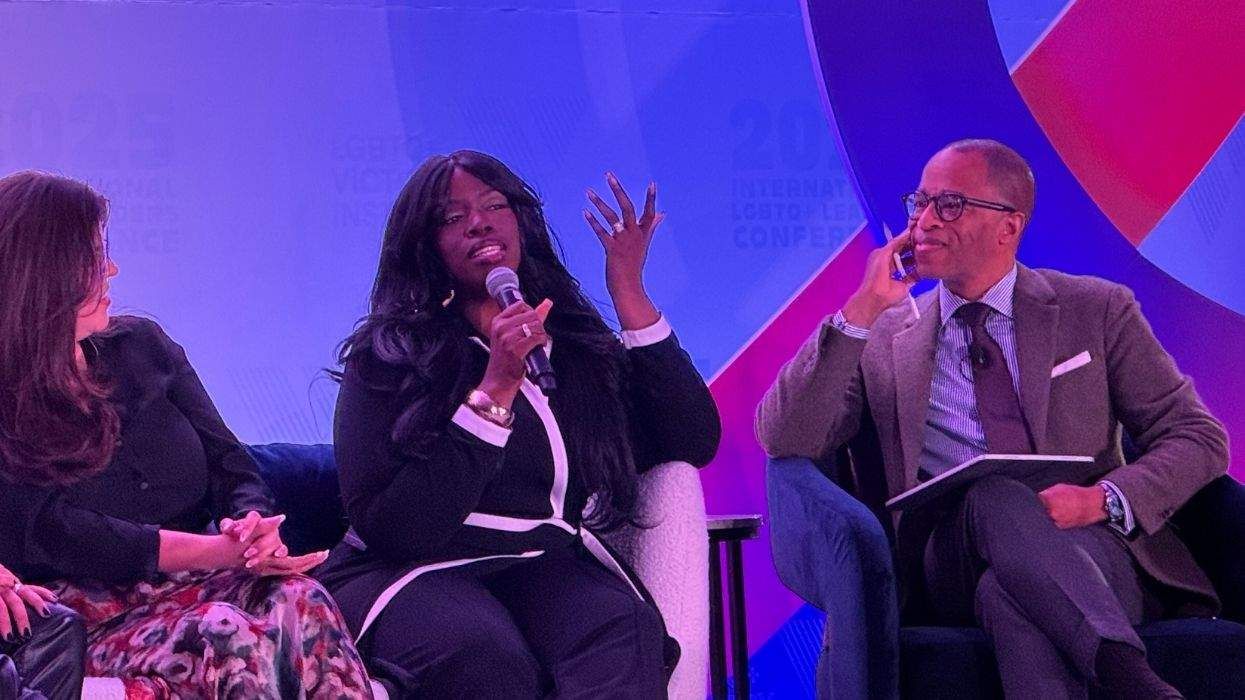
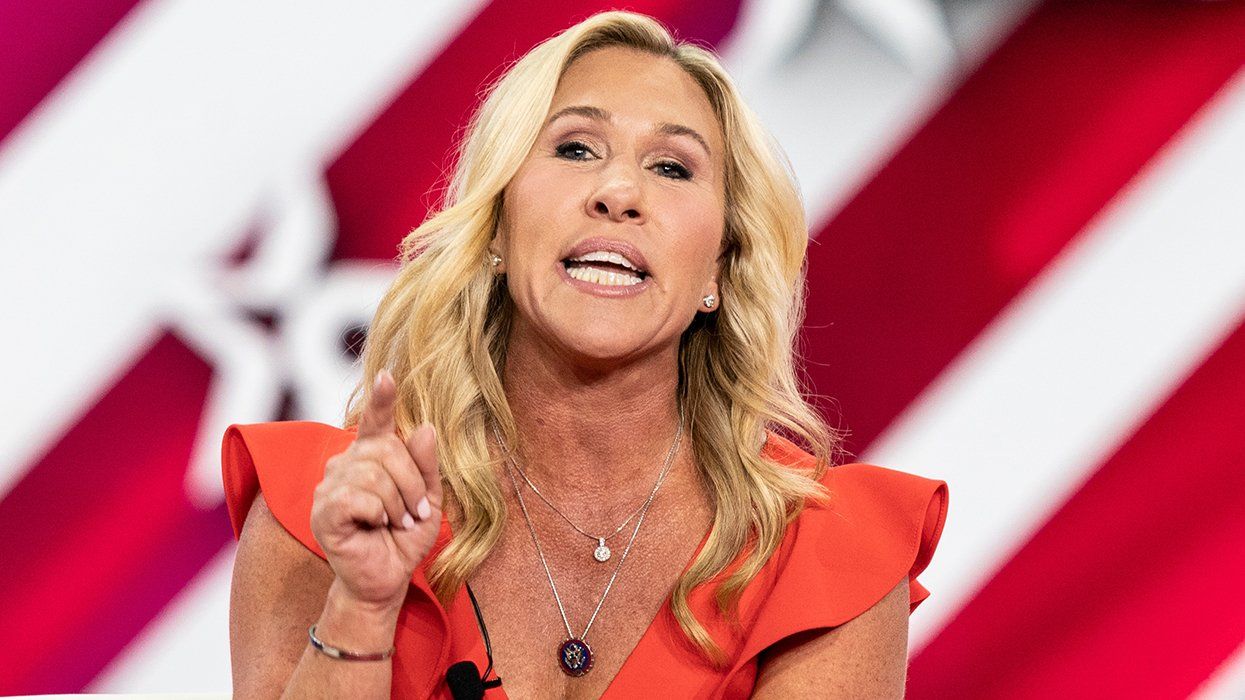
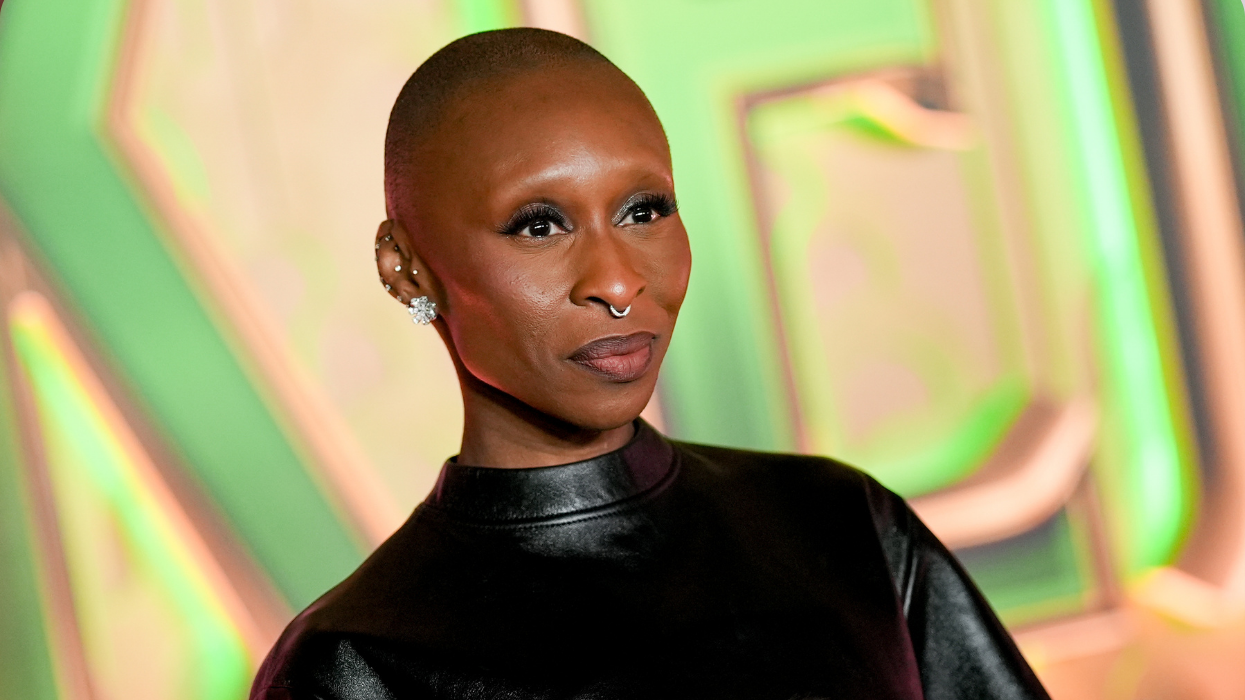

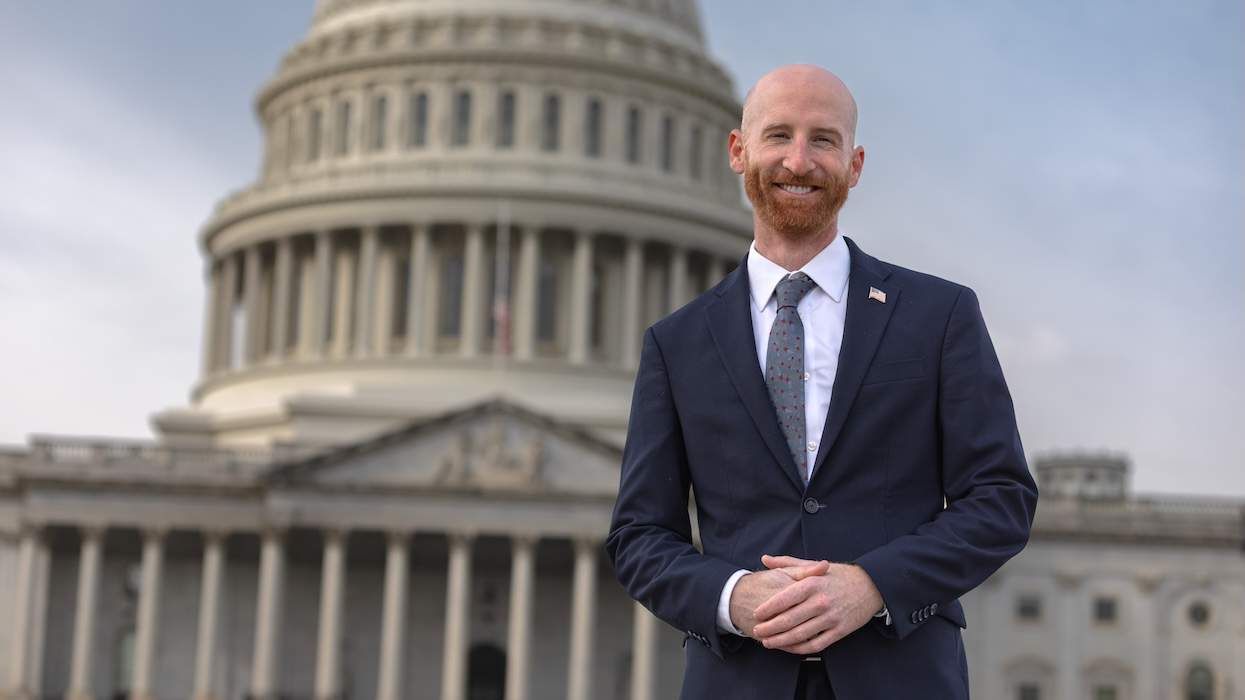
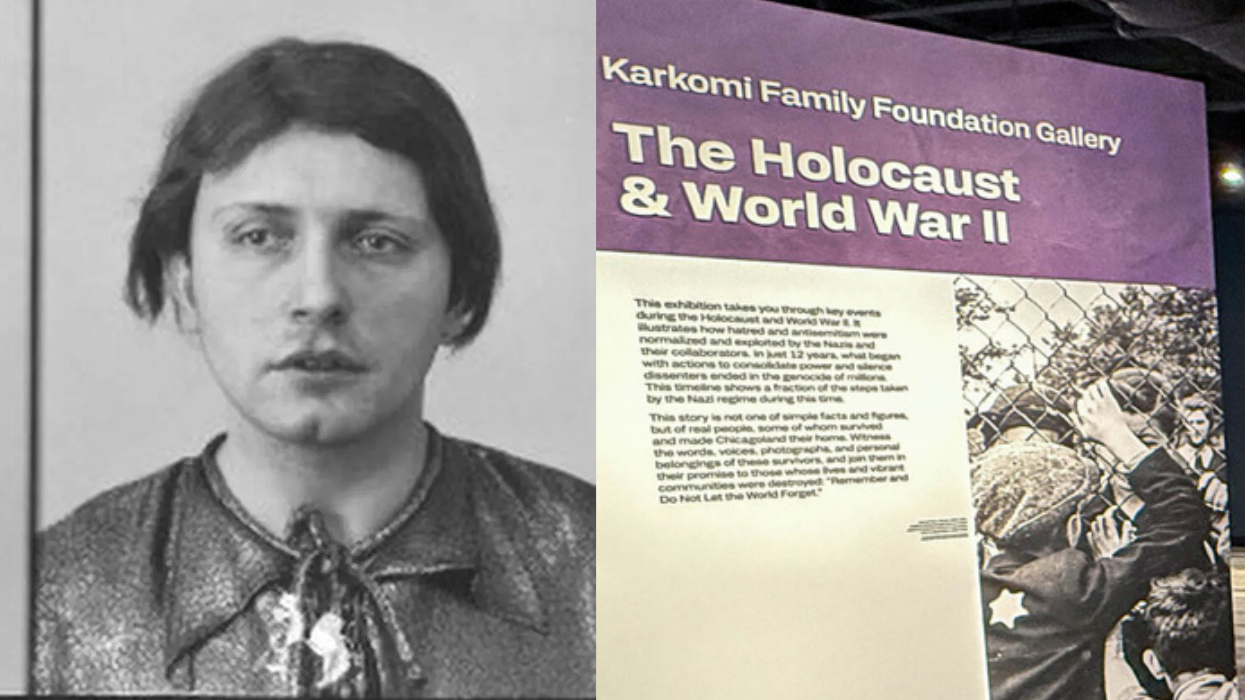



















































Charlie Kirk DID say stoning gay people was the 'perfect law' — and these other heinous quotes